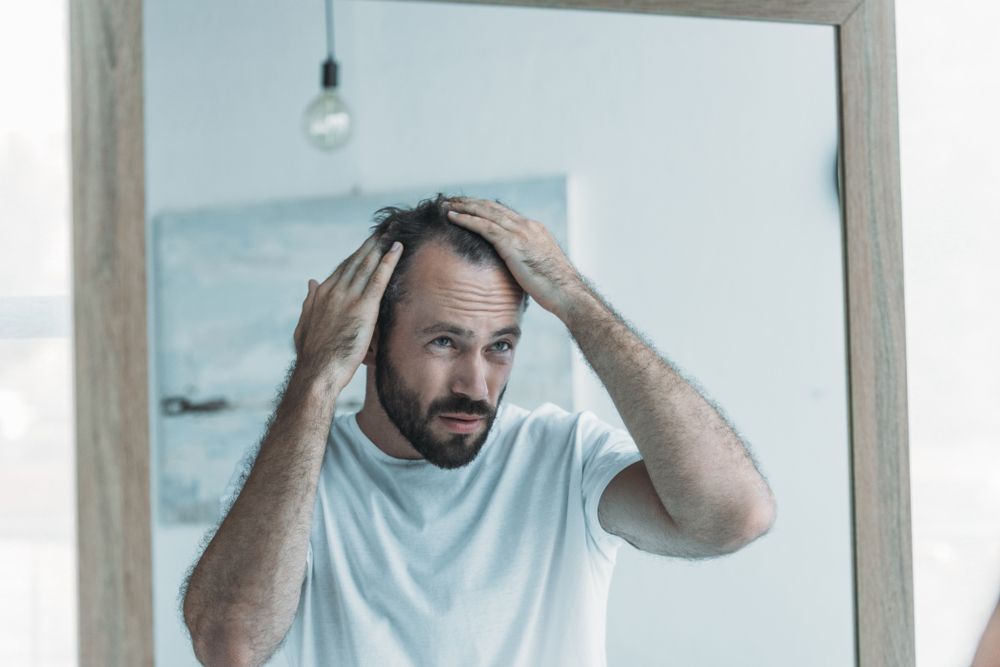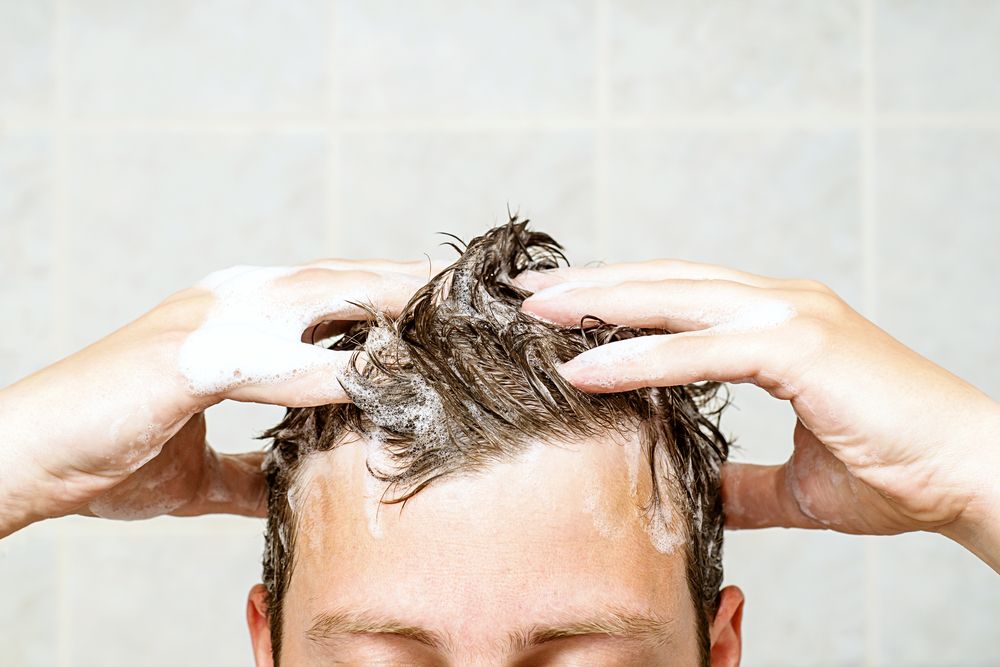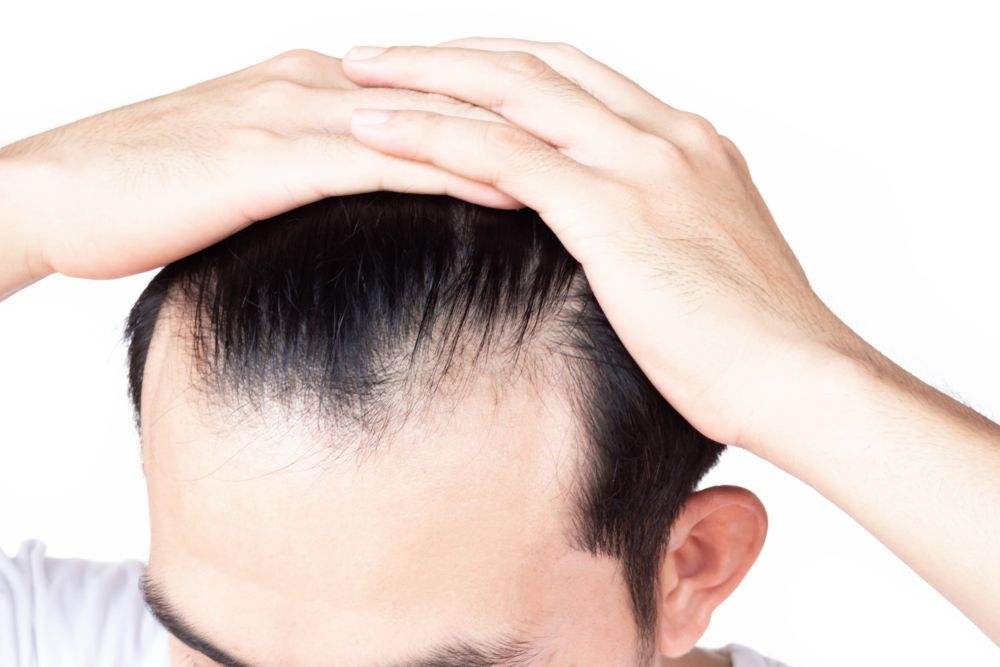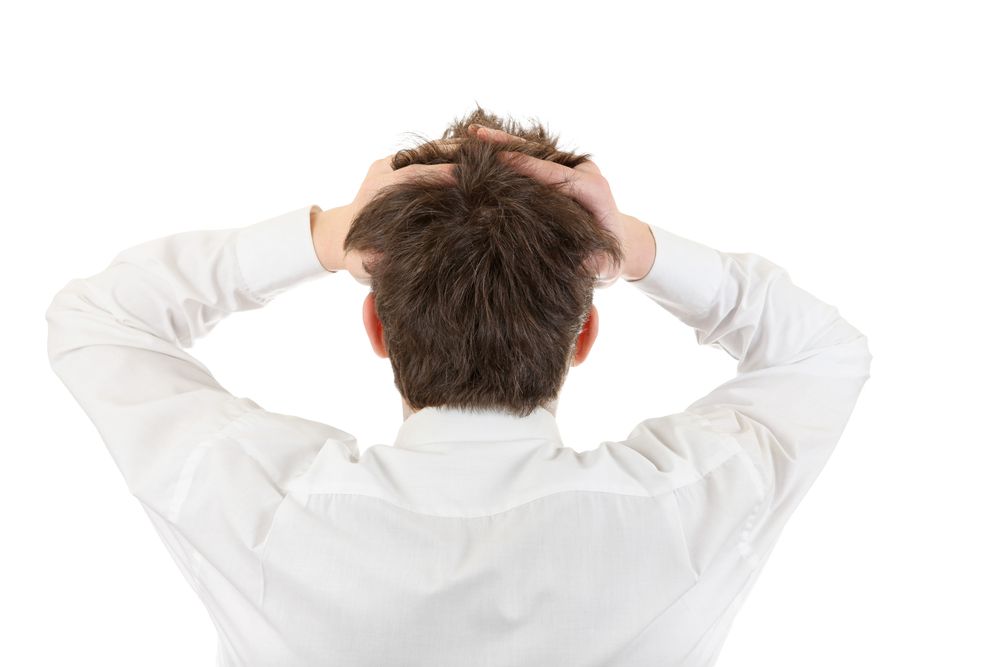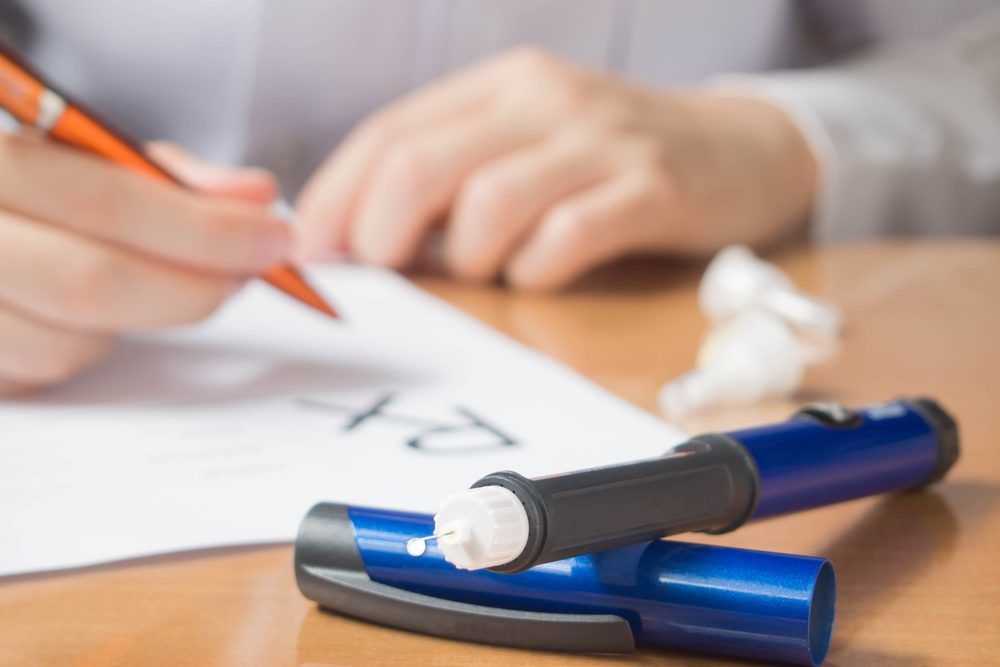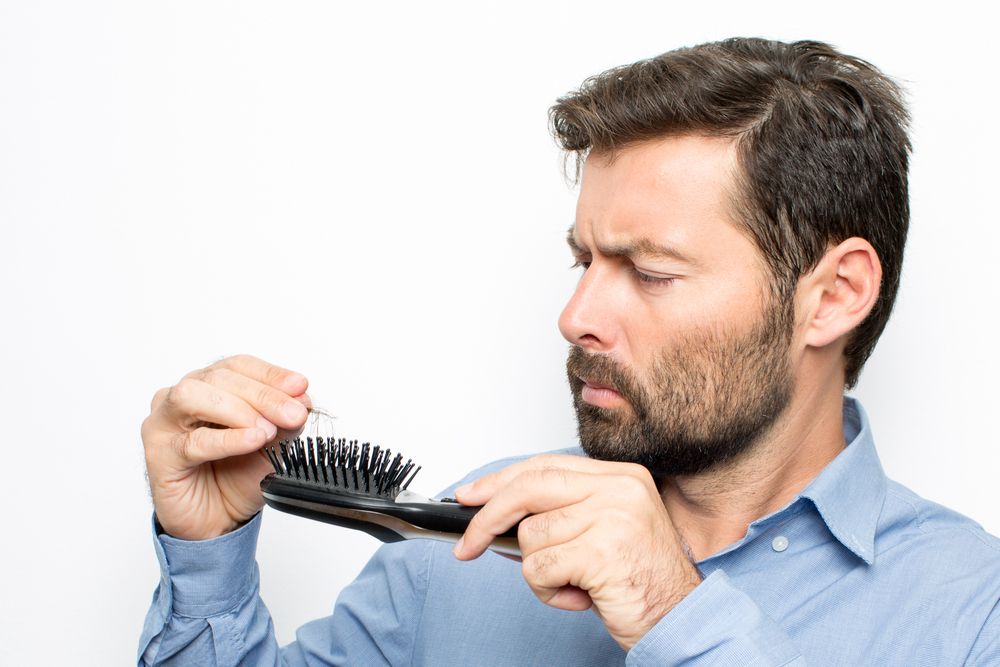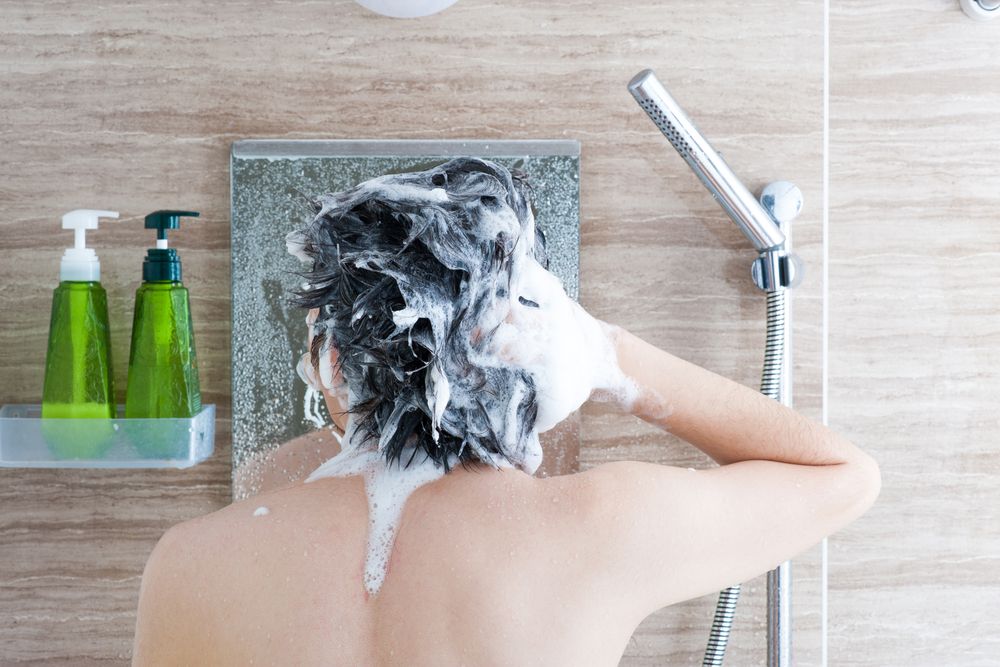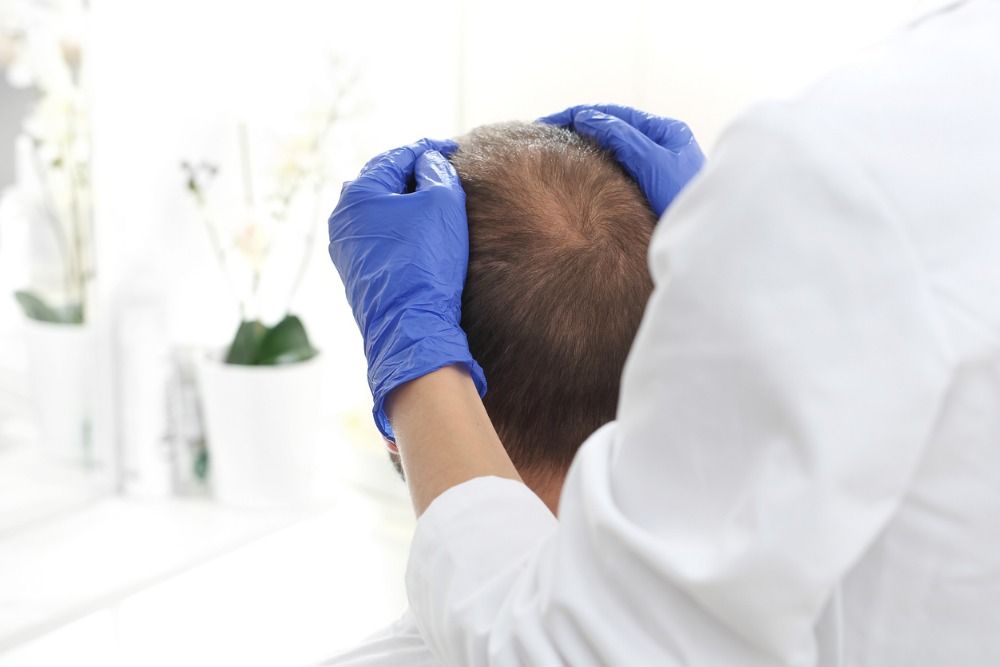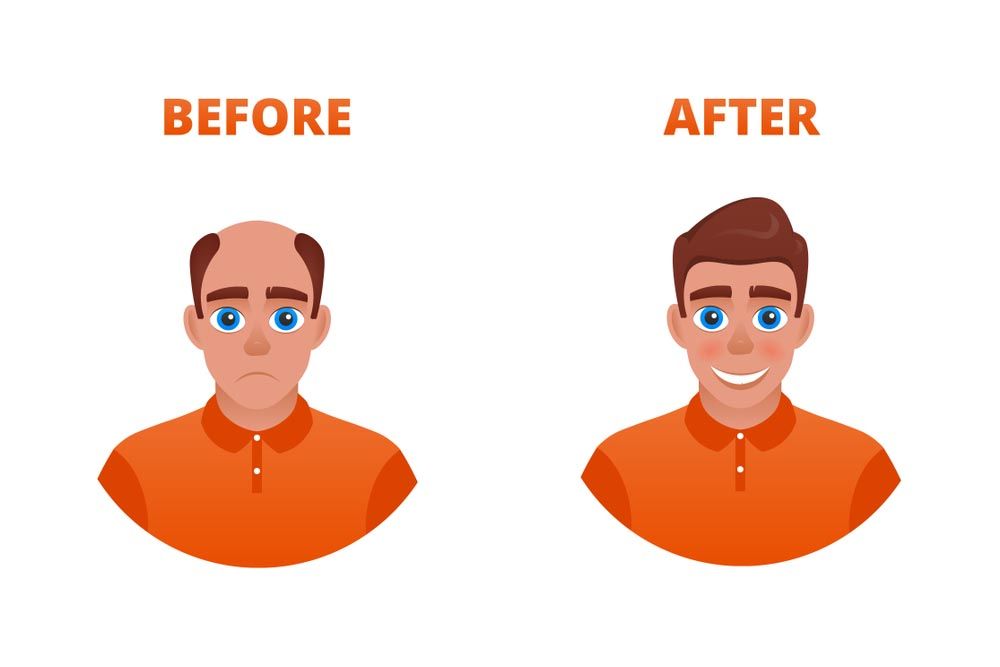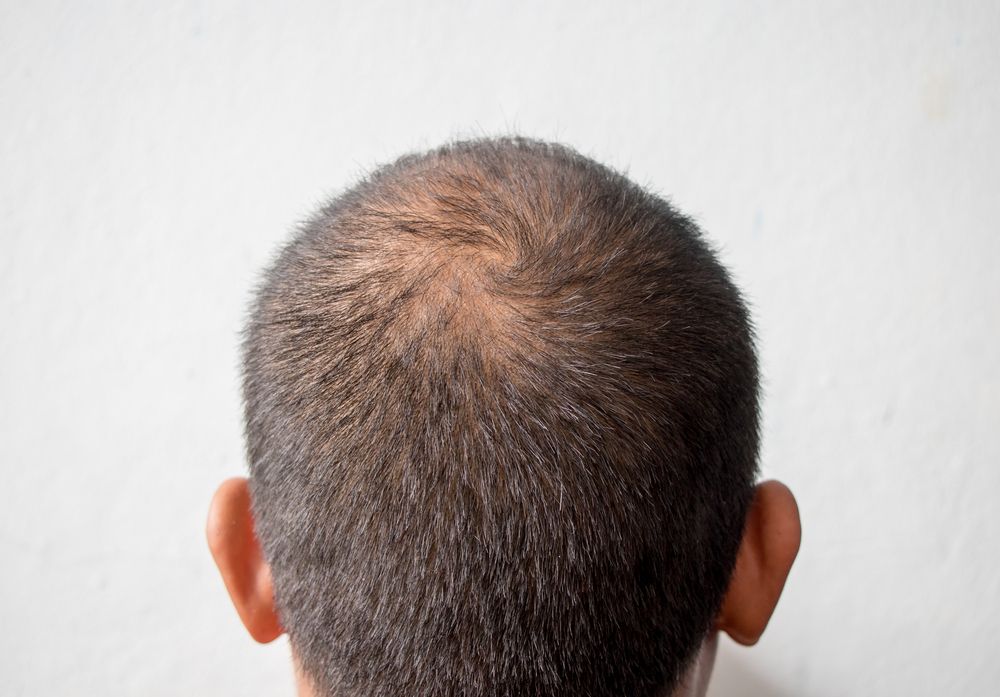Losing a small amount of hair every day is normal, but if you begin to see notable thinning or bald patches, it could be a sign of a larger problem.
Many things can cause serious hair loss, ranging from stress to pregnancy to genetics. Luckily, hair loss can usually be treated.(Learn More)
If you are going to try an at-home remedy, remember that many scams exist online. Do not take big promises at face value. Do your research to verify the claims.
Specific diet changes, aromatherapy, and OTC treatments like minoxidil can help to decrease hair loss.
There is debate whether laser devices meant to encourage hair growth are effective, as they are not regulated by the FDA. Given their cost, be wary about buying such a device. (Learn More)
Maintaining the hair you have is a big part of controlling hair loss. Some practices, such as brushing hair while wet or wearing certain hair accessories, can damage hair and cause breakage. Learn healthy habits that can help keep your hair from breaking. Avoid any hair practices that involve harsh chemicals, extreme heat, or too much tugging. (Learn More)
At-home remedies are not miracle cures and will not work for every case of hair loss. If you aren’t seeing results or have serious hair loss, you should see a doctor. The sooner you see a doctor for hair loss, the more likely it is that they can help you get the results you’re looking for. Doctors can inform you about your options, prescribe medications you cannot get otherwise, and suggest surgical procedures. (Learn More)
When trying to prevent hair loss, try to keep expectations realistic. Hair loss can sometimes only be slowed. Some people have conditions that are going to lead to hair loss. Others will need to see a doctor for best results.
That being said, at-home remedies can help many people. Remember to keep your expectations in line with reality. While some practices may help to reduce hair loss, they are unlikely to have extreme results. (Learn More)
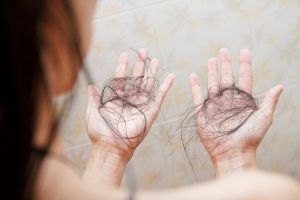
Hair Loss
People lose about 50 to 100 hairs a day. While seeing a few hairs in the shower or in your comb is normal, bald patches or noticeable thinning might mean you are experiencing serious enough hair loss that treatment is warranted.
People lose hair for many reasons. Stress, pregnancy, disease, and more can cause unwanted hair loss.
About 80 million men and women in the United States suffer from what is called hereditary hair loss. As the name implies, this is a genetically inherited condition that predisposes you to losing hair.
Most causes of hair loss can be treated. Some forms of hair loss can even be treated at home with relatively simple adjustments to your routine and lifestyle. If you are suffering from serious hair loss, see a doctor promptly, as treatments are more effective early on.
At-Home Remedies
There are many false promises online about at-home hair loss remedies. Never trust a seller’s claims at face value. Instead, always research any product you intend to use, only relying on reputed accurate sources for your information. Also, ask a medical professional for advice.
The following are some at-home remedies to reverse hair loss:
- Add more protein to your diet. Your body needs protein to grow hair. Many Americans have a poor diet, and it is not impossible for such a diet to result in problems with hair loss. The exact amount of protein you need varies. People who are muscular or more physically active may need more protein than those who are not.
- Increase your iron intake. Iron is also needed to grow hair. Research the ideal amount of iron for you. Those who do not eat meat should generally take in 1.8 times as much iron as those who do eat meat.
- Try aromatherapy. There is evidence that aromatherapy, where one inhales certain scents meant to promote health and mental well-being, may promote a healthy scalp and control hair loss. Often, the essential oils used are massaged directly into the scalp, which allows them to be absorbed into the skin as well.
While the exact effect is not fully understood, aromatherapy is generally safe if the product is used as intended. It can potentially improve blood circulation in the scalp. - Massage your scalp. While more research needs to be done on the subject, there is some evidence that massaging the scalp for at least four minutes a day may promote hair growth, likely for similar reasons that aromatherapy could potentially help.
- Use minoxidil. This nonprescription medication has been approved by the FDA for the treatment of hair loss. It is approved for both men and women, and it should only be taken as intended. Dermatologists often use minoxidil as part of a broader treatment plan.
There are expensive laser devices that manufacturers claim can promote hair growth. However, these devices do not require approval from the FDA, and their long-term efficacy and safety cannot be guaranteed. Be wary of such products, and consult a medical professional about these devices before buying one.
Maintenance Tips
In addition to the above tips for encouraging hair growth, there are practices that can help you keep as much of your current hair as possible.
- Avoid hair accessories that are tight on hair and cause breakage, including hairpins and clips.
- Avoid harsh styling products, including blow dryers on high heat settings and curling irons.
- Avoid unnecessary brushing and excessive shampooing.
- Do not brush your hair while it is wet.
- Understand that some hair loss is temporary. Hair loss due to stress, childbirth, and illness can go away with time.

When to See a Doctor
As with most health conditions, see a doctor about hair loss the moment it seems even mildly serious. Adopting a hair growth routine is generally safe, but it will not necessarily be enough to stop serious hair loss.
Visit a doctor promptly. The earlier you find a solution, the better your outcome will generally be.
Doctors can prescribe medications you cannot get yourself. These medications, which admittedly have their own set of potential side effects, can combat hair loss much better than at-home remedies can. A doctor can also make sure your hair loss is not caused by a more serious underlying condition.
In some cases, a patient may choose to get hair implants, scalp reduction, or another procedure to address hair loss. Learn the pros and cons of each procedure. They all come with their own set of risks.
Healthy Expectations
At-home remedies are not appropriate for all cases of hair loss. While they can help to support hair growth and discourage hair loss, at-home remedies won’t bring dramatic results. At a certain point, you may decide at-home remedies are not enough.
Unhealthy expectations can lead to disappointment and potentially drive you to companies making big promises, even if those promises are not backed by evidence. Instead of falling for scams, consult a physician regarding your hair loss.
Many people experience hair loss as they age, and not all cases of hair loss will be reversible. But hair loss can often be slowed or reversed with proper treatment.
References
Hair Growth: 6 Home Remedies. (April 15, 2019). MedicalNewsToday.
Natural Ways to Strengthen Hair. (January 2, 2014). WebMD.
Hair Loss Overview. American Academy of Dermatology.
Hair Loss: Diagnosis and Treatment. American Academy of Dermatology.
Hair Loss: Tips for Managing. American Academy of Dermatology.
Alopecia: Herbal Remedies. (2011). International Journal of Pharmaceutical Sciences and Research.

